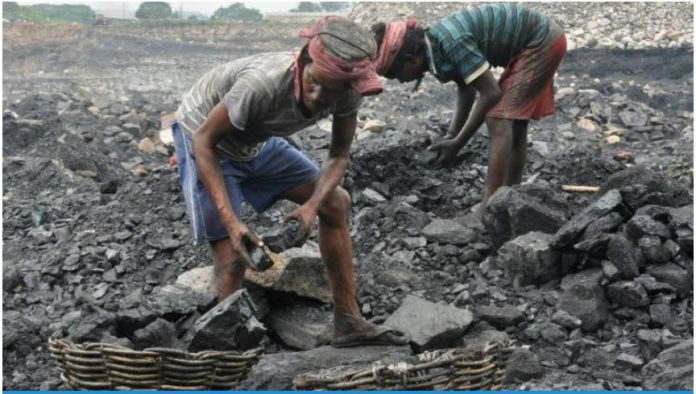PM Modi said the move would generate investment and new jobs, and help the energy-hungry nation of 1.3 billion become self-reliant.
India Thursday opened up coal mining to the private sector half a century after bringing it under state control, in a bid to boost the coronavirus-hit economy.
Prime Minister Narendra Modi said the move would generate investment and new jobs, and help the energy-hungry nation of 1.3 billion become self-reliant.
Also Read: SonyLIV Premium Price Increased by Up to 200 Percent, Now Starts at Rs. 299
Despite having the world’s fourth-highest coal reserves, India is the world’s second-largest importer of coal.
“We are not merely launching commercial coal mining today, we are unshackling it from decades of lockdown,” Modi said in a video conference at the start of the auction process for 41 mines.
More than 280,000 jobs would be created and some $4.3 billion (Dh16 billion) in capital investment would be generated, the government said.
The mines are expected to boost coal production by up to 225 million tonnes, it added.
Coal demand in India is forecast to reach 748 million tonnes by 2024, making it the world’s fastest-growing coal consumer, according to the International Energy Agency.
The move comes amid a growing shift by countries and energy companies away from fossil fuels amid concern about climate change.
Modi said coal gasification — a process of turning coal into gas — would be used to maintain the country’s environmental commitments.
The government plans to gasify around 100 million tonnes of coal by 2030.
Environmentalists warned several of the mines listed were in forested areas of central India largely inhabited by indigenous communities.
Kanchi Kohli from the Delhi-based Centre for Policy Research, said the auctions could open up the “fragile and biodiverse forest areas”.
“The messaging of the auction process signals that the government sees these places as mere coal-bearing areas from where projects interested in commercial coal mining will extract for private profit,” she told the Hindustan Times.
Asia’s third-largest economy has been hit badly by the pandemic and months-long lockdown.
As a result, the government has allowed most economic activities to restart even as the country records a steady rise in daily infections.
India’s economy grew at its slowest pace in at least two decades last quarter, and the shutdown is widely expected to plunge the country into recession.
Goldman Sachs has predicted a 45 per cent contraction in the April-June quarter from the previous year.



